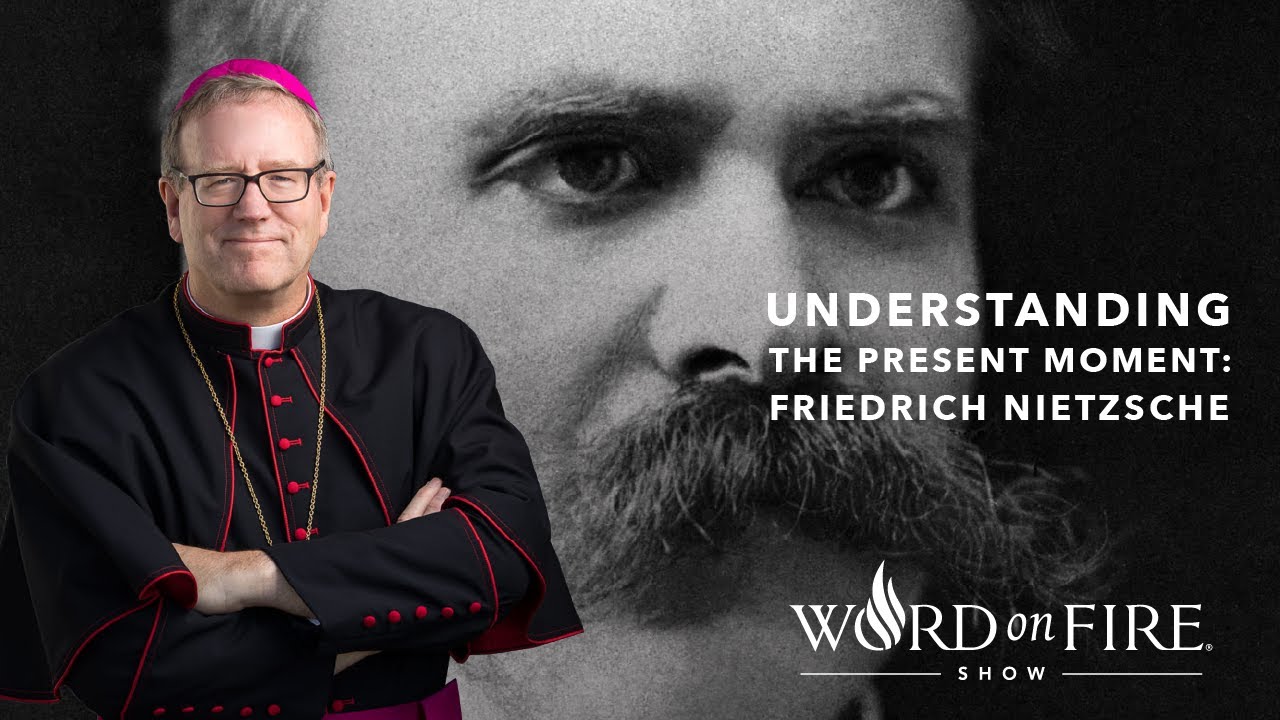Nietzsche erklärt: Der Wille zur Macht
Summary
TLDRThe video delves into Nietzsche's concept of the 'will to power,' tracing its evolution from various interpretations to its significance in his philosophy. It emphasizes that this will is not merely about self-preservation but represents a fundamental driving force in life, capable of creating and destroying societal values. The speaker highlights Nietzsche's critique of traditional metaphysical ideas, advocating for a view where power dynamics shape truths. Nietzsche's philosophy champions struggle as a vital principle, where overcoming challenges enhances strength. Ultimately, the video presents the 'will to power' as a universal force that underpins existence, inviting viewers to explore its implications.
Takeaways
- 😀 Nietzsche's concept of the 'will to power' evolved through various interpretations, highlighting its complexity and foundational role in his philosophy.
- 📚 The 'will to power' reflects a drive for influence and control, distinguishing it from fear as a primary motivating force.
- 🔍 Nietzsche critiques traditional metaphysics, arguing that they obscure the dynamics of power within society.
- ⚡ The 'will to power' is not just about dominance; it encompasses the creation of new values and norms in society.
- 🌟 The Übermensch (overman) represents an individual who embodies the 'will to power' by establishing new values.
- 📖 Nietzsche's phrase 'will to truth is will to power' suggests that even truths are shaped by power dynamics.
- 🌱 Life itself is viewed as an expression of the 'will to power,' with self-preservation being a secondary outcome.
- 💪 Struggle and conflict are essential for growth, as illustrated by Nietzsche's quote, 'What doesn't kill me makes me stronger.'
- 🎨 Art serves as a manifestation of the 'will to power,' reflecting creativity and surplus energy.
- 🌌 Nietzsche's assertion that 'this world is the will to power and nothing else' indicates that this principle governs both individuals and the universe.
Q & A
What is Nietzsche's concept of the 'will to power'?
-Nietzsche's 'will to power' refers to a fundamental driving force in human beings and life itself, emphasizing the desire to assert and enhance one's power and influence.
How did Nietzsche's understanding of the 'will to power' evolve over time?
-Nietzsche's understanding evolved from various expressions of power in 1877 to a more defined philosophical concept by 1880, as discussed in his works like 'Thus Spoke Zarathustra' and 'Beyond Good and Evil.'
What is the significance of Nietzsche's statement, 'Will to truth is will to power'?
-This statement suggests that even truths are subject to the 'will to power,' meaning that truths must align with the power dynamics to be recognized as valid.
How does Nietzsche differentiate between the 'will to power' and the drive for self-preservation?
-Nietzsche argues that the 'will to power' is more fundamental than the self-preservation instinct, seeing it as a broader drive that encompasses the desire for growth and dominance.
What role does struggle play in Nietzsche's philosophy?
-Struggle is central to Nietzsche's philosophy; he views it as an essential principle that drives individuals to grow stronger, encapsulated in the idea that 'what does not kill me makes me stronger.'
How does Nietzsche view the relationship between power and morality?
-Nietzsche sees traditional moral frameworks as weak because they often lack opposing forces. He believes that morality should be challenged and redefined through the lens of power dynamics.
What does Nietzsche mean by the term 'Übermensch' or 'Overman'?
-The 'Übermensch' represents an ideal individual who transcends conventional morality and societal constraints, embodying the 'will to power' and creating new values.
How does Nietzsche's idea of art relate to the 'will to power'?
-Nietzsche views art as an expression of the 'will to power,' representing excess energy and creativity, allowing individuals to assert their strength and vision.
What critique does Nietzsche have of metaphysical principles?
-Nietzsche critiques metaphysical principles for being rigid and dogmatic, arguing that philosophy should dismantle such constructs rather than uphold them.
In what way does Nietzsche's 'will to power' apply to the world at large?
-Nietzsche proposes that the 'will to power' is not only an individual phenomenon but also a fundamental principle that governs the dynamics of the universe, influencing all forms of life and existence.
Outlines

This section is available to paid users only. Please upgrade to access this part.
Upgrade NowMindmap

This section is available to paid users only. Please upgrade to access this part.
Upgrade NowKeywords

This section is available to paid users only. Please upgrade to access this part.
Upgrade NowHighlights

This section is available to paid users only. Please upgrade to access this part.
Upgrade NowTranscripts

This section is available to paid users only. Please upgrade to access this part.
Upgrade Now5.0 / 5 (0 votes)





